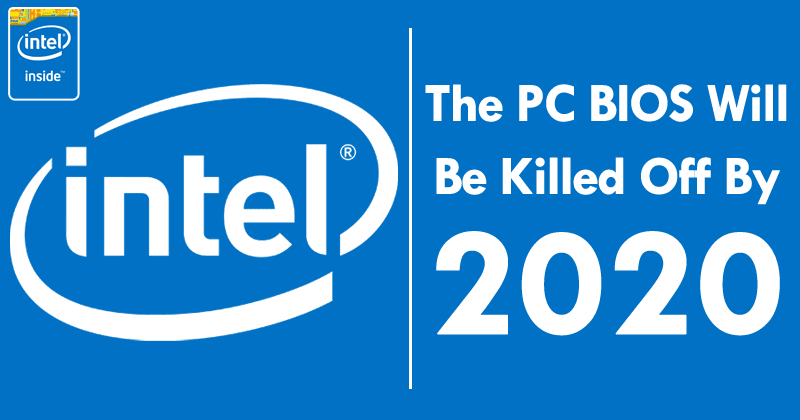But for many, the BIOS is still the option, either by hardware limits or by giving some extra freedom. This scenario will end as early as 2020, as the giant chip manufacturer Intel is ending its support for the BIOS. It was in the last UEFI Plugfest that the giant chip maker Intel presented its future plans for the BIOS and for the UEFI, has revealed that 2020 is the time limit up to which it will support the BIOS. The reasons given for this purpose are logical and relate to the security it wants to give users, on various fronts and in various areas. In fact, Intel has long since abandoned the BIOS and has embraced UEFI permanently, but gives users the support for using BIOS. In this way, it can give access to new hardware, while maintaining support for the older one.
The Impact for BIOS Users
In fact, and for most users, this change will be transparent and without any impact, as it does today. The change will only be for those who are using older hardware and thus no longer supported. The end of support for 32-bit systems, which are no longer supported on Intel platforms, must be considered. This comes as a result of the CMS (Compatibility Support Module) withdrawal, which until now guarantees the compatibility of these systems on 64-bit platforms. It is not known what will be the position of other manufacturers of processors, and may or may not follow the path of Intel and mark the year 2020 as the end of the BIOS. It’s more likely that there will be uniformity and that virtualization will soon be the only way to give access to these systems that will lose support with the end of the BIOS. So, what do you think about this? Simply share your views and thoughts in the comment section below.
Δ


